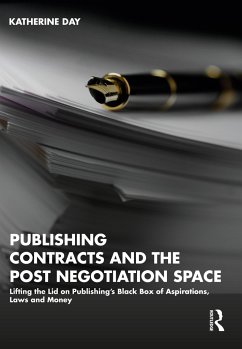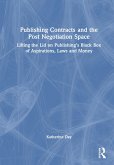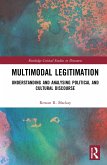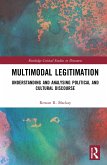Many writers dream of having their work published by a respected publishing house, but don't always understand publishing contract terms - what they mean for the contracting parties and how they inform book-publishing practice. In turn, publishers struggle to satisfy authors' creative expectations against the industry's commercial demands. This book challenges our perceptions of these author-publisher power imbalances by recasting the publishing contract as a cultural artefact capable of adapting to the industry's changing landscape. Based on a three-year study of publishing negotiations, Katherine Day reveals how relational contract theory provides possibilities for future negotiations in what she describes as a 'post negotiation space'.
Drawing on the disciplines of cultural studies, law, publishing studies and cultural sociology, this book reveals a unique perspective from publishing professionals and authors within the post negotiation space, presenting the editor as a fundamental agent in the formation and application of publishing's contractual terms.
Drawing on the disciplines of cultural studies, law, publishing studies and cultural sociology, this book reveals a unique perspective from publishing professionals and authors within the post negotiation space, presenting the editor as a fundamental agent in the formation and application of publishing's contractual terms.








